Japan Gozei Shinzato, who lives on Okinawa Island, one of the world's five Blue Zones, lives to 104 years old thanks to his healthy environment and food.
Okinawa is one of the Blue Zones of the world along with Sardinia (Italy), Nicoya (Costa Rica), Ikaria (Greece) and Loma Linda (USA). These are geographical areas in the world where the environment is clean, nature is beautiful, and is not polluted thanks to the protection of the community and local government. People living here often live 10 years longer than other places, with less illness, because people are close to nature, nurtured and healed by nature.
Longevity expert Dan Buettner, author of the book Living to 100: Secrets of the Blue Zones , and his colleagues traveled from the United States to Okinawa to observe Mrs. Shinzato's diet and lifestyle. It took two days of persuasion for the woman to reveal the secret to her longevity.
Shinzato lives a connected, natural life. During the cooler hours of the day, she works in the garden. At lunchtime, she mixes homemade miso paste into a pot of water, adds fresh carrots, daikon, shiitake mushrooms, and tofu, and heats it. While the food cooks, she moves up and down, wiping the counter, the sink, and even the windows.
When the food is ready, she pours the warmed soup into the bowl and whispers "Hara hachi bu." This proverb is chanted before every meal to remind her to stop eating when she is 80% full. After lunch, she reads manga or watches a baseball game on TV and falls asleep.
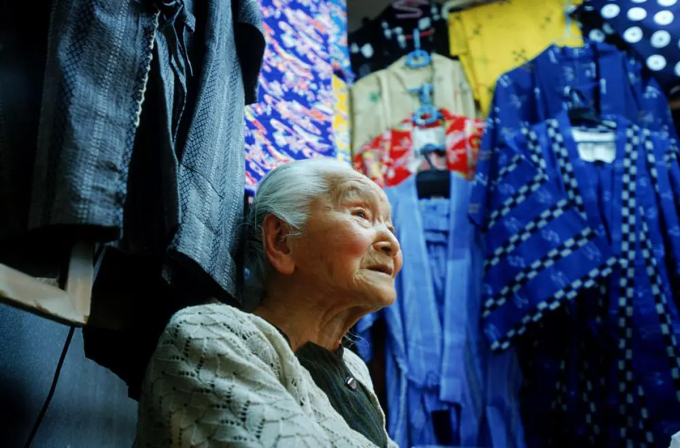
Ms. Gozei Shinzato. Photo: Blue Zones
Neighbors stopped by to visit her every afternoon. Several days a week, four of Shinzato’s longtime friends would stop by each other’s homes to drink mugwort tea and chat, a lifelong commitment they had made since they were young.
Longevity expert Dan Buettner has found that in Okinawa, people prioritize forming social groups for communal activities like chatting, singing, dancing, or even financial support. “There’s no pill, supplement, or special drug that can give us nearly 15 years of life expectancy,” Buettner says.
Gozei Shinzato also revealed that among the supplements she consumes, there is a food that helps fight breast cancer by reducing estrogen levels in the blood; an anti-malarial drug to keep the stomach healthy; and another supplement that helps regulate metabolism, maintain low blood pressure, treat gallstones, and has a hangover-preventing effect.
Though they sound like a well-stocked medicine cabinet, they are, in fact, foods straight from Shinzato’s garden. The “supplements” listed above are Okinawan sweet potatoes, soybeans, mugwort, turmeric, and bitter melon. All grow in neat rows, just 15 steps from her house.
Okinawa is also famous for its shima-dōfu, or “island tofu,” which is pressed raw before boiling, giving it a very firm texture. Traditionally made from a saltier coagulant than other types of tofu, it is sold by the pound and provides more protein and healthy fats than other types of tofu.
According to Buettner, the main factors that determine our longevity lie not only within our bodies but also in our surroundings - the people, the plants, the air, the lifestyle. A study of Danish twins found that genetics only determines about 20-25% of longevity.
Stamatis Moraitis, a man with terminal cancer, lived nearly three decades longer by moving to the Blue Zone. When Buettner asked, Moraitis said he didn’t try to do anything to save his life, all he did was change his environment.
Green Zones are a hot spot these days. Studies have shown that people who spend time in green spaces like parks and gardens reduce their need for medication. In fact, Canadian health professionals have recently prescribed a new drug that doesn’t require a pharmacy and is free by connecting patients to nature.
Khanh Linh (According to Blue Zones, NBC News )
Source link


![[Photo] Prime Minister Pham Minh Chinh receives CEO of Standard Chartered Group](https://vstatic.vietnam.vn/vietnam/resource/IMAGE/2025/4/2/125507ba412d4ebfb091fa7ddb936b3b)


![[Photo] Comrade Khamtay Siphandone - a leader who contributed to fostering Vietnam-Laos relations](https://vstatic.vietnam.vn/vietnam/resource/IMAGE/2025/4/3/3d83ed2d26e2426fabd41862661dfff2)
![[Photo] Prime Minister Pham Minh Chinh receives Deputy Prime Minister of the Republic of Belarus Anatoly Sivak](https://vstatic.vietnam.vn/vietnam/resource/IMAGE/2025/4/2/79cdb685820a45868602e2fa576977a0)
![[Photo] Special relics at the Vietnam Military History Museum associated with the heroic April 30th](https://vstatic.vietnam.vn/vietnam/resource/IMAGE/2025/4/3/a49d65b17b804e398de42bc2caba8368)
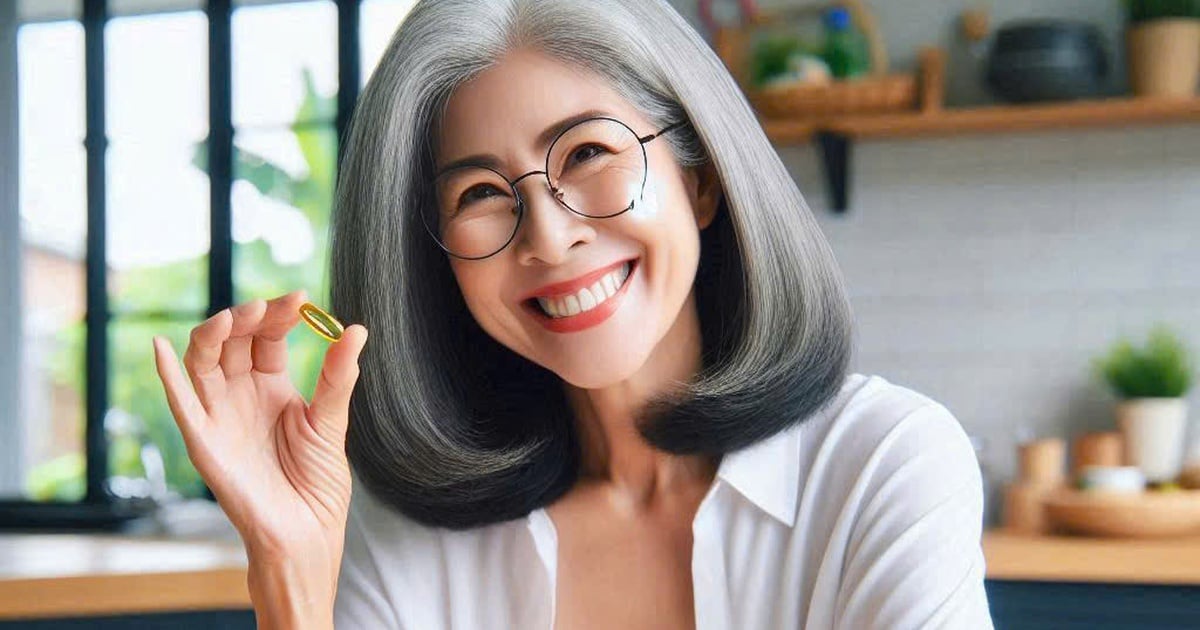

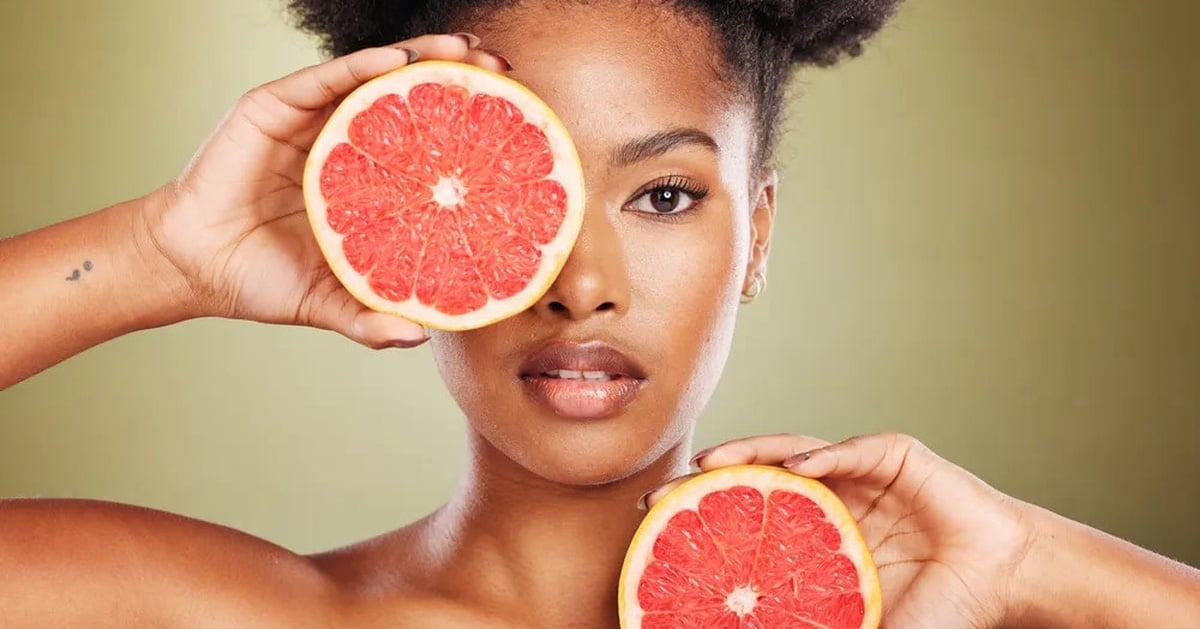

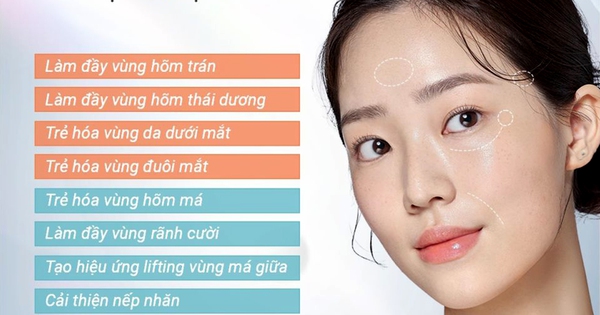

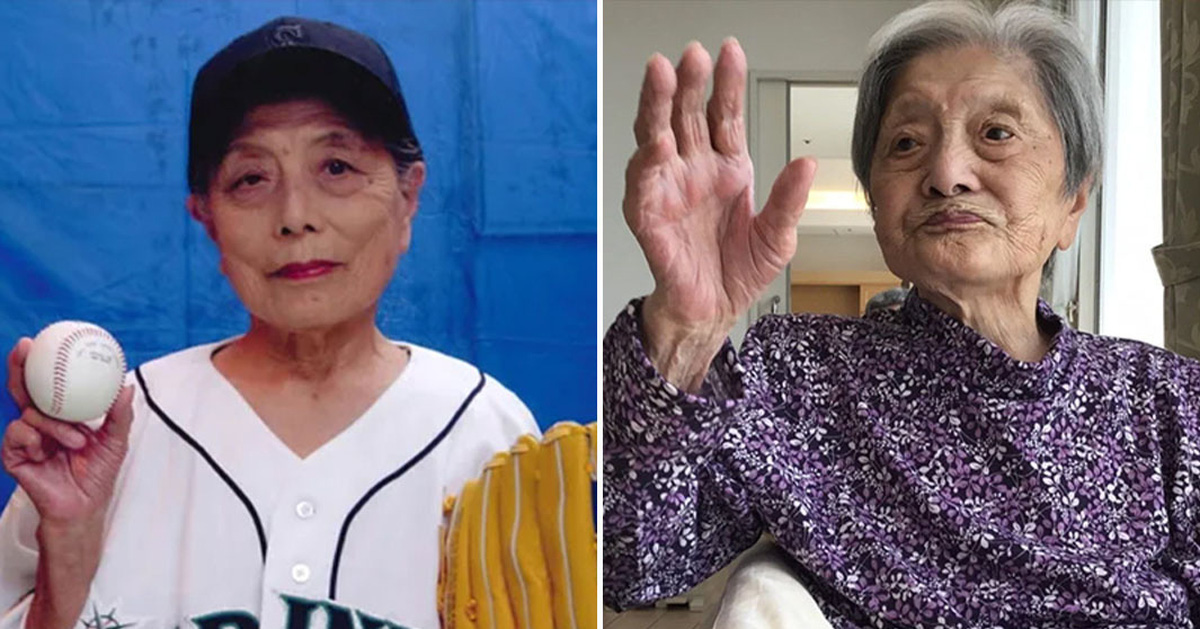
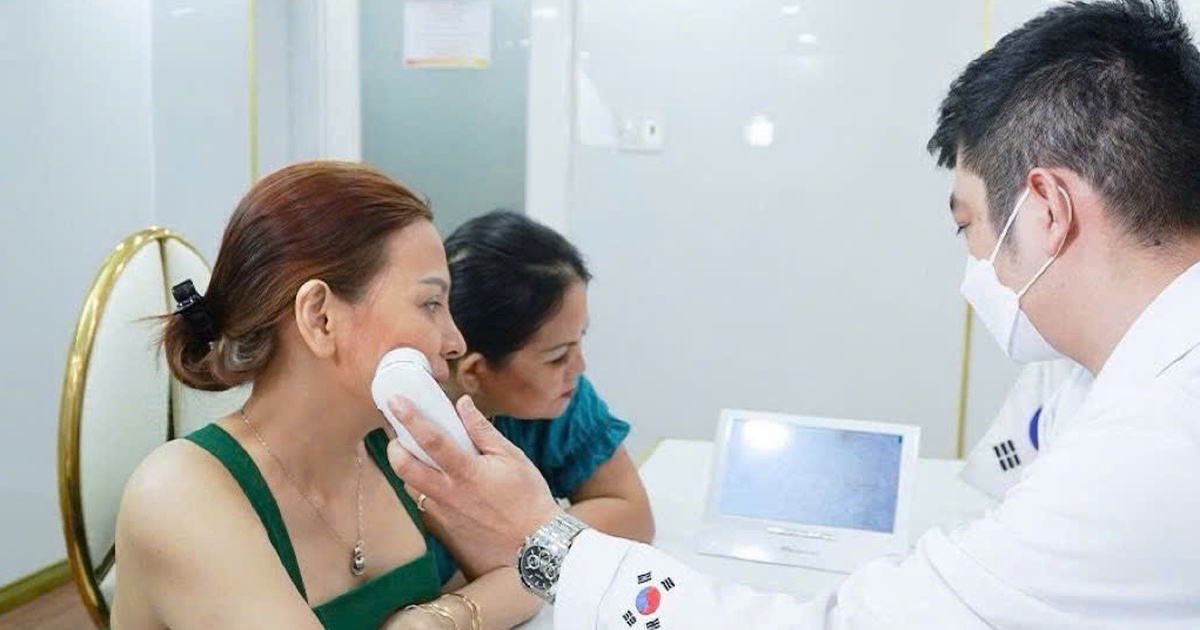


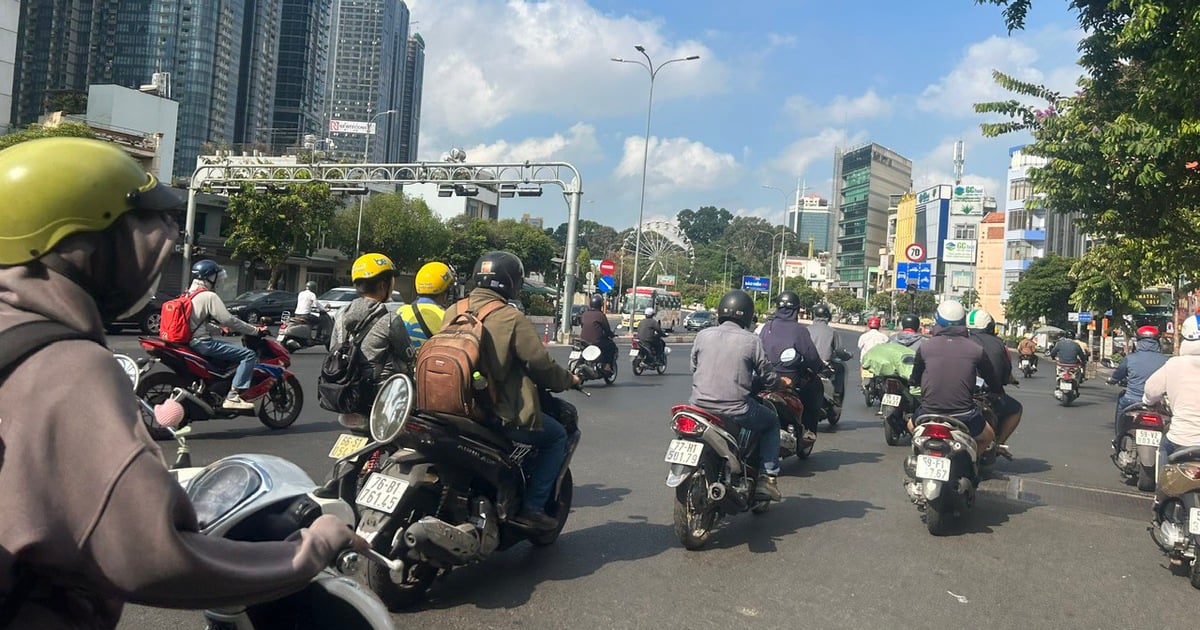
![[Video] Hanoi ensures adequate supply of medicine to prevent and control epidemics during the changing seasons](https://vstatic.vietnam.vn/vietnam/resource/IMAGE/2025/4/3/ad5d4d3bad3b469ba636737dc4e6efd1)
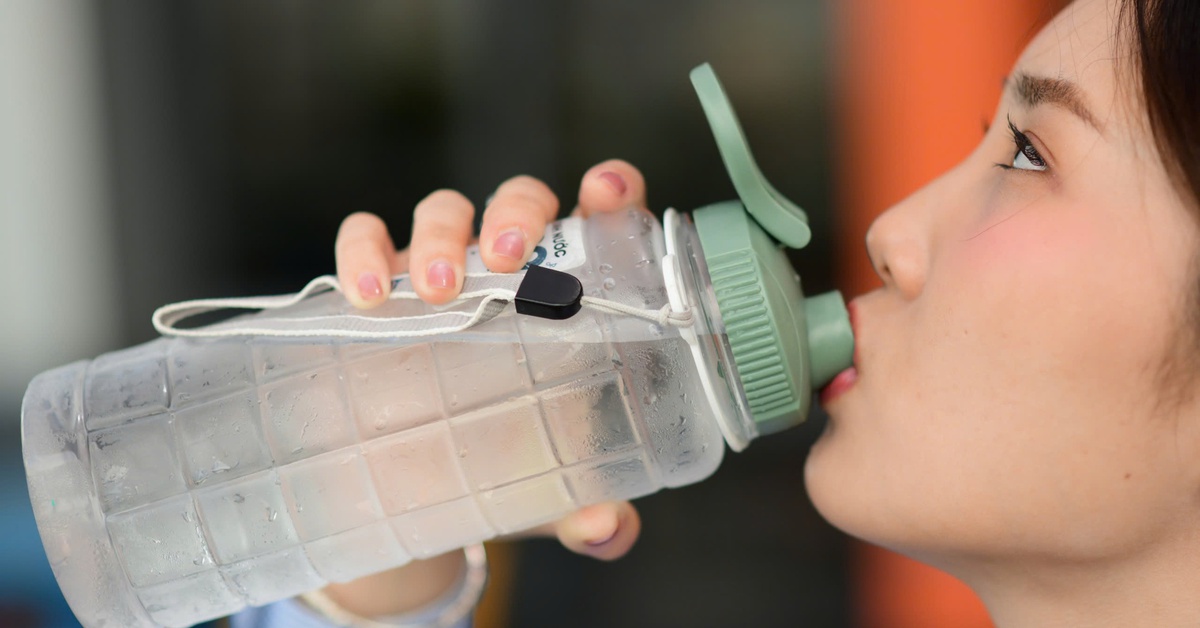

![[Video] Increasing responsibility and benefits when providing health insurance examination and treatment](https://vstatic.vietnam.vn/vietnam/resource/IMAGE/2025/4/3/c3e3c29e48d3425e8ea6a9c4c2b30640)
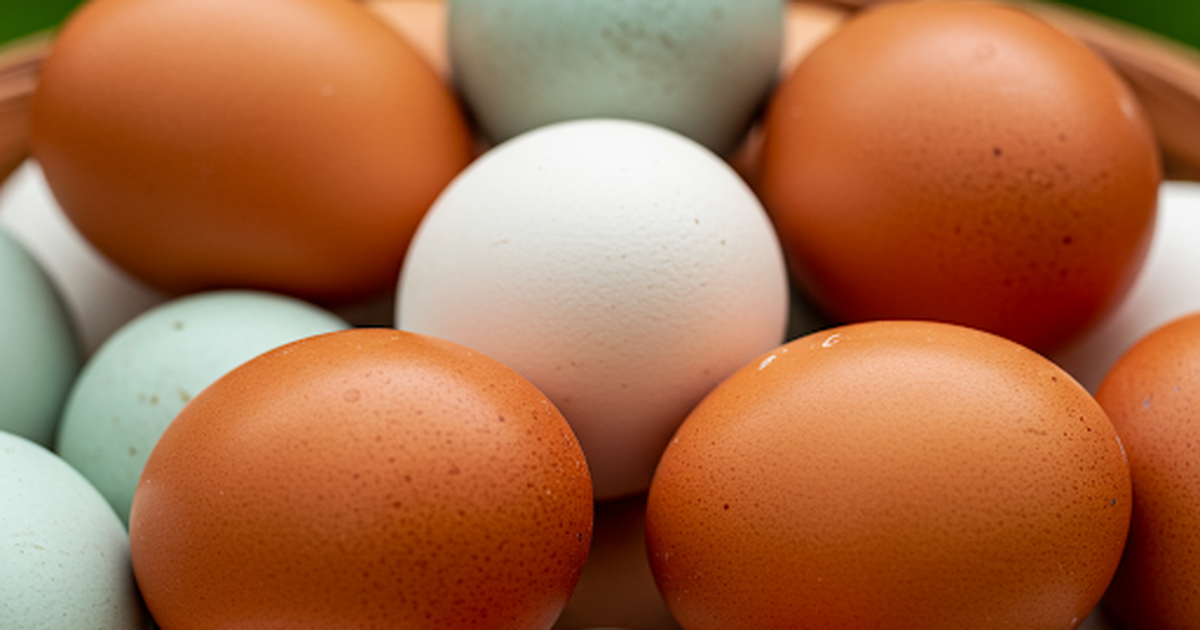


















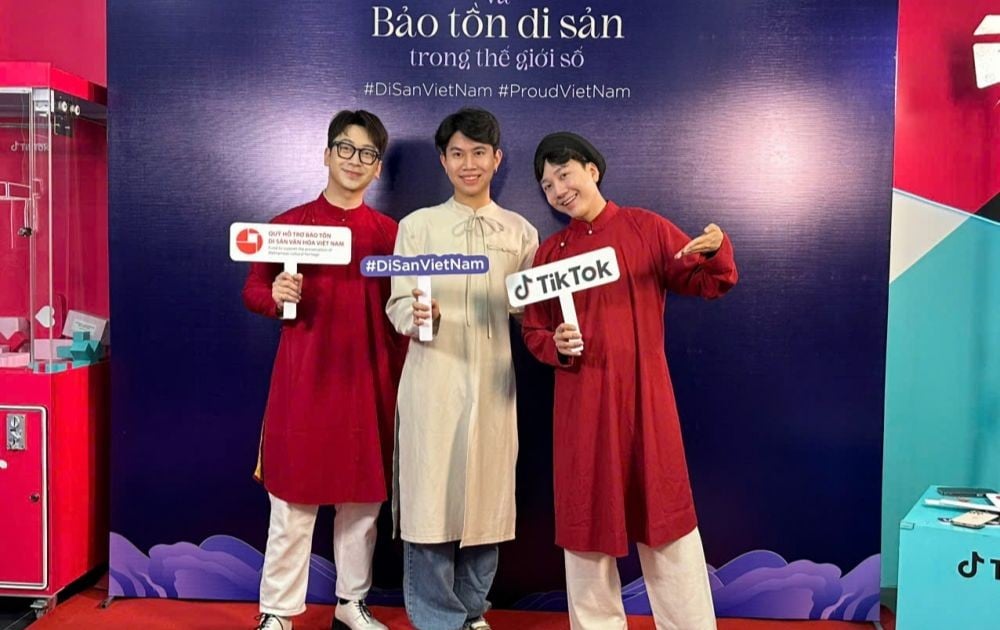



















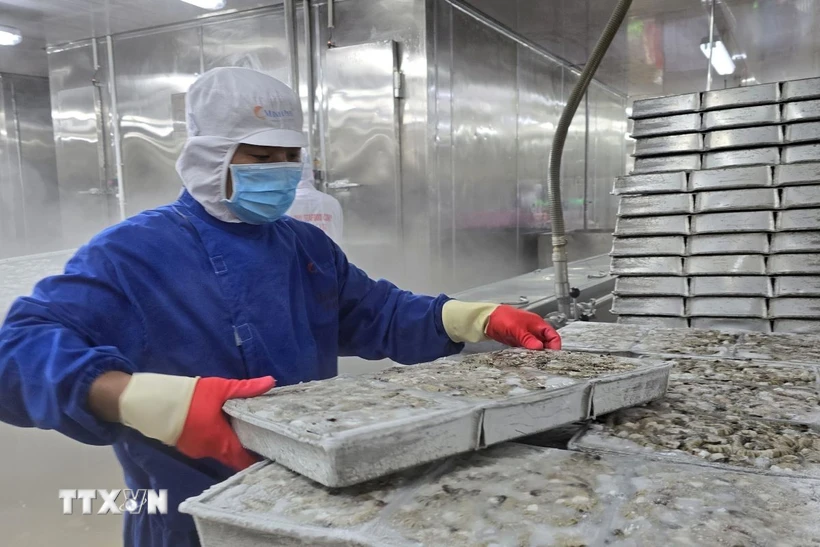


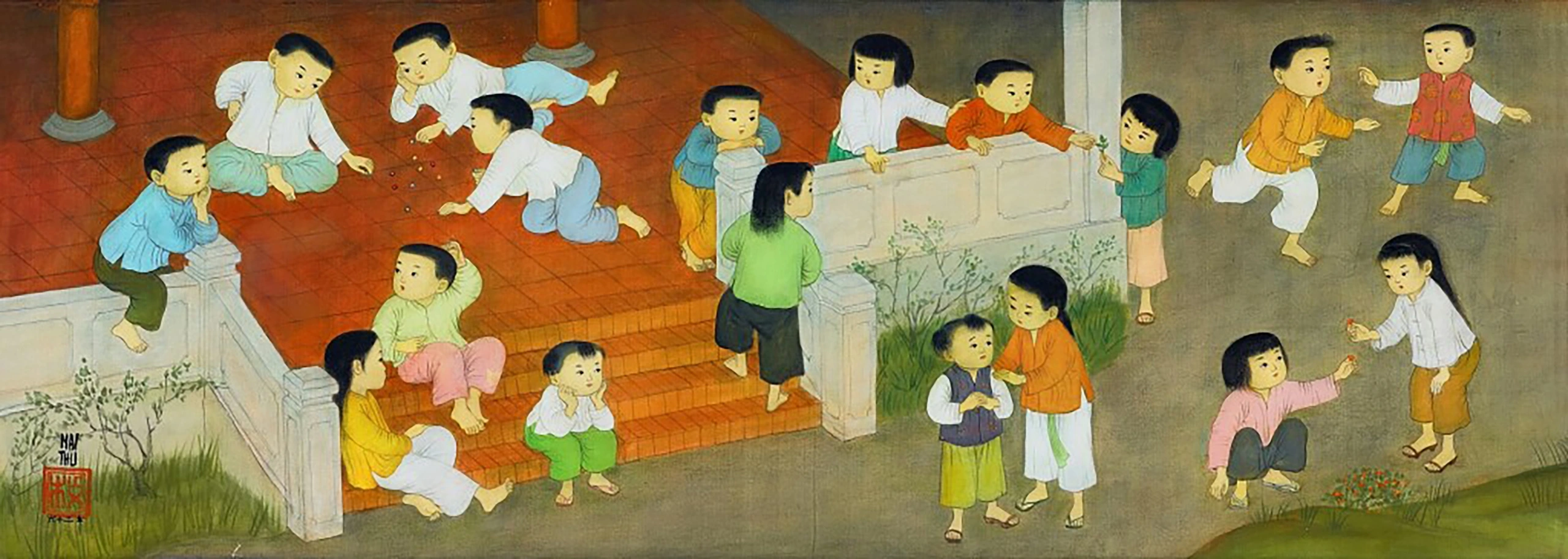
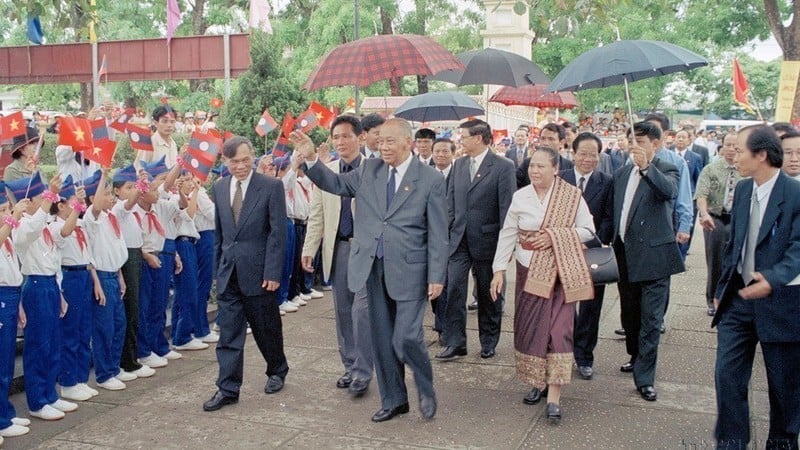

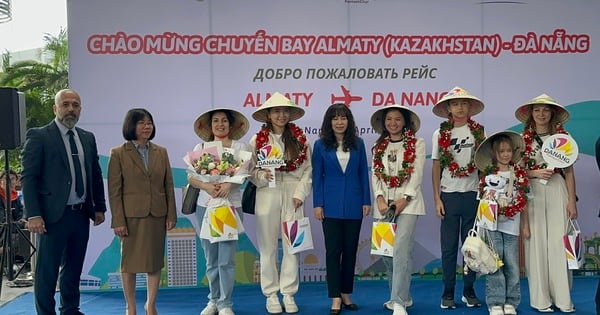








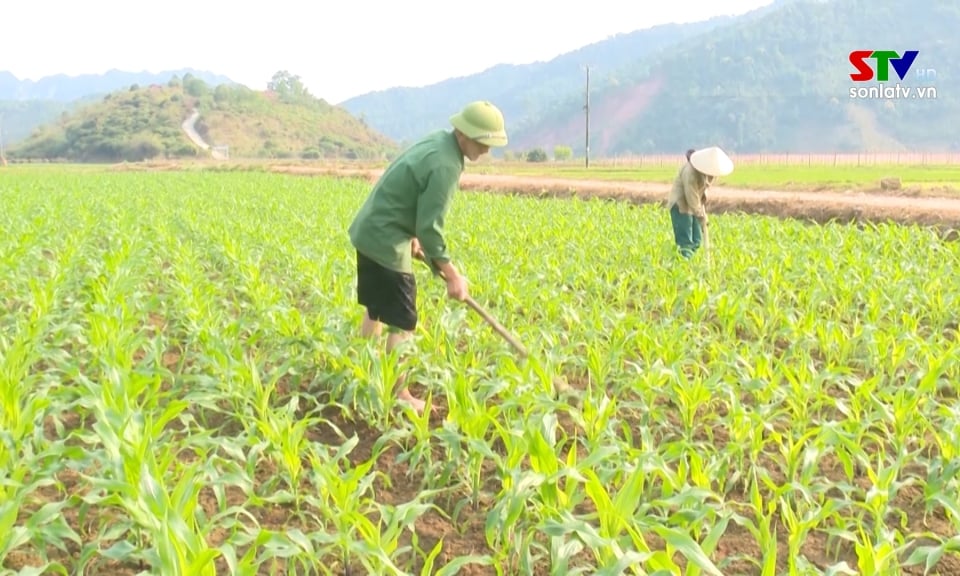

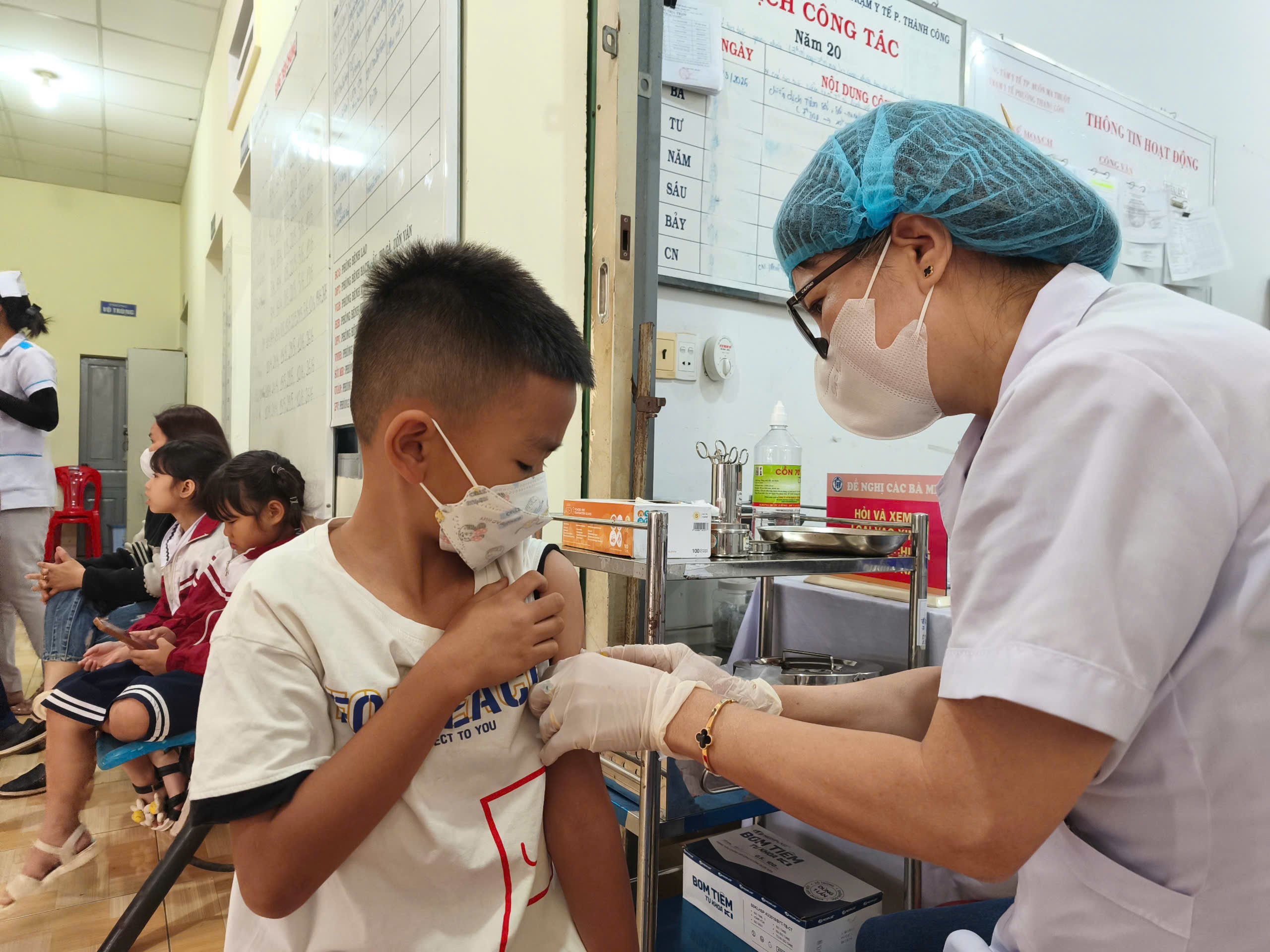
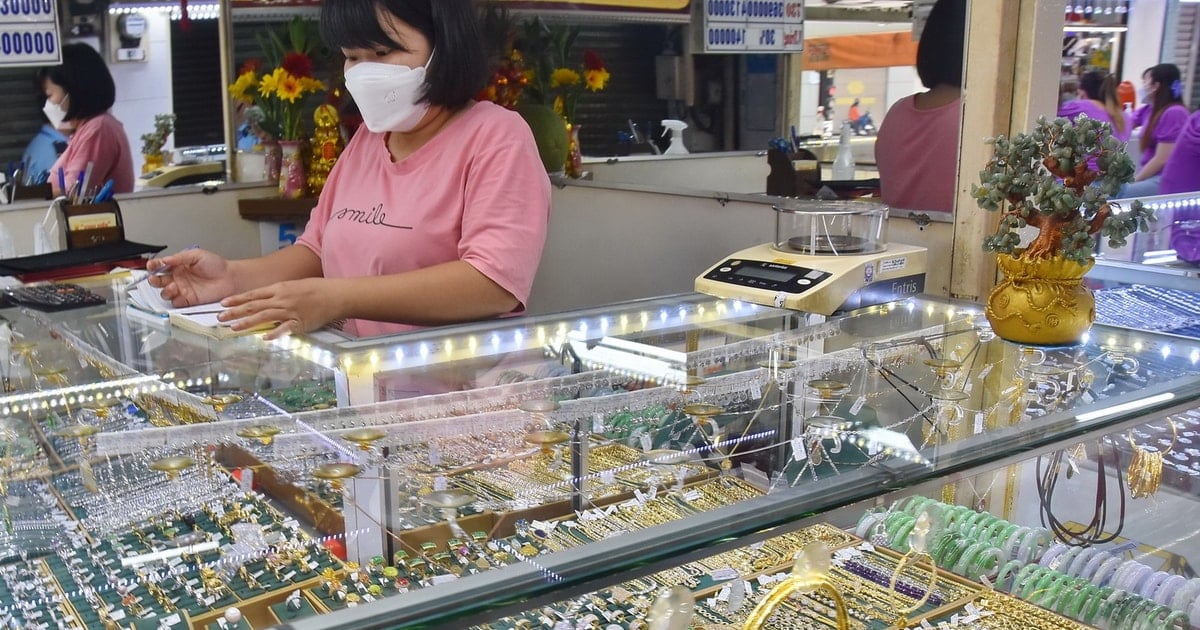

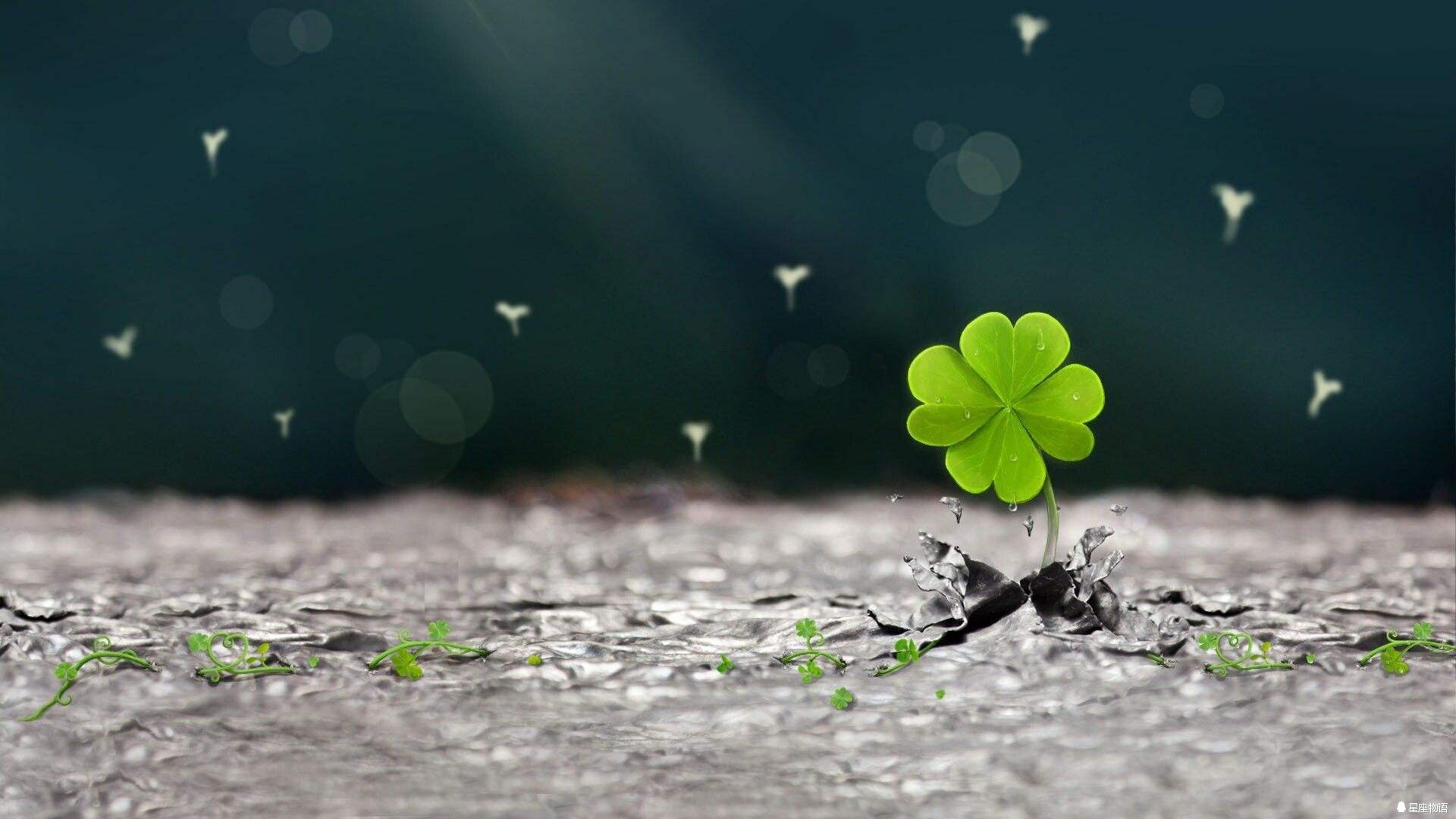

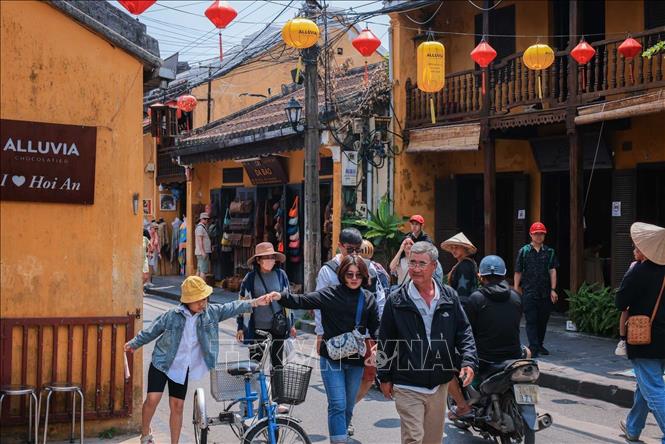

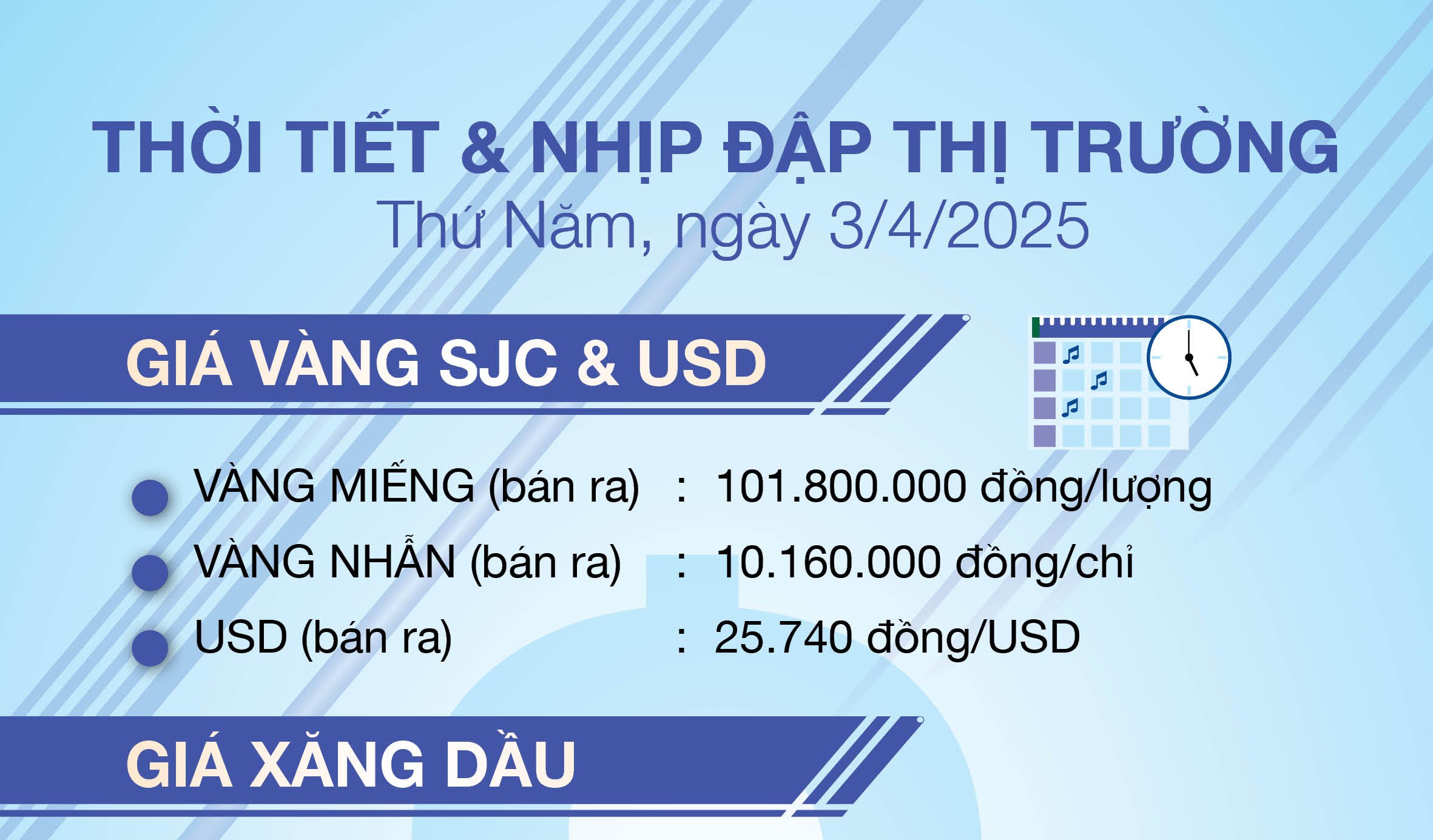













Comment (0)